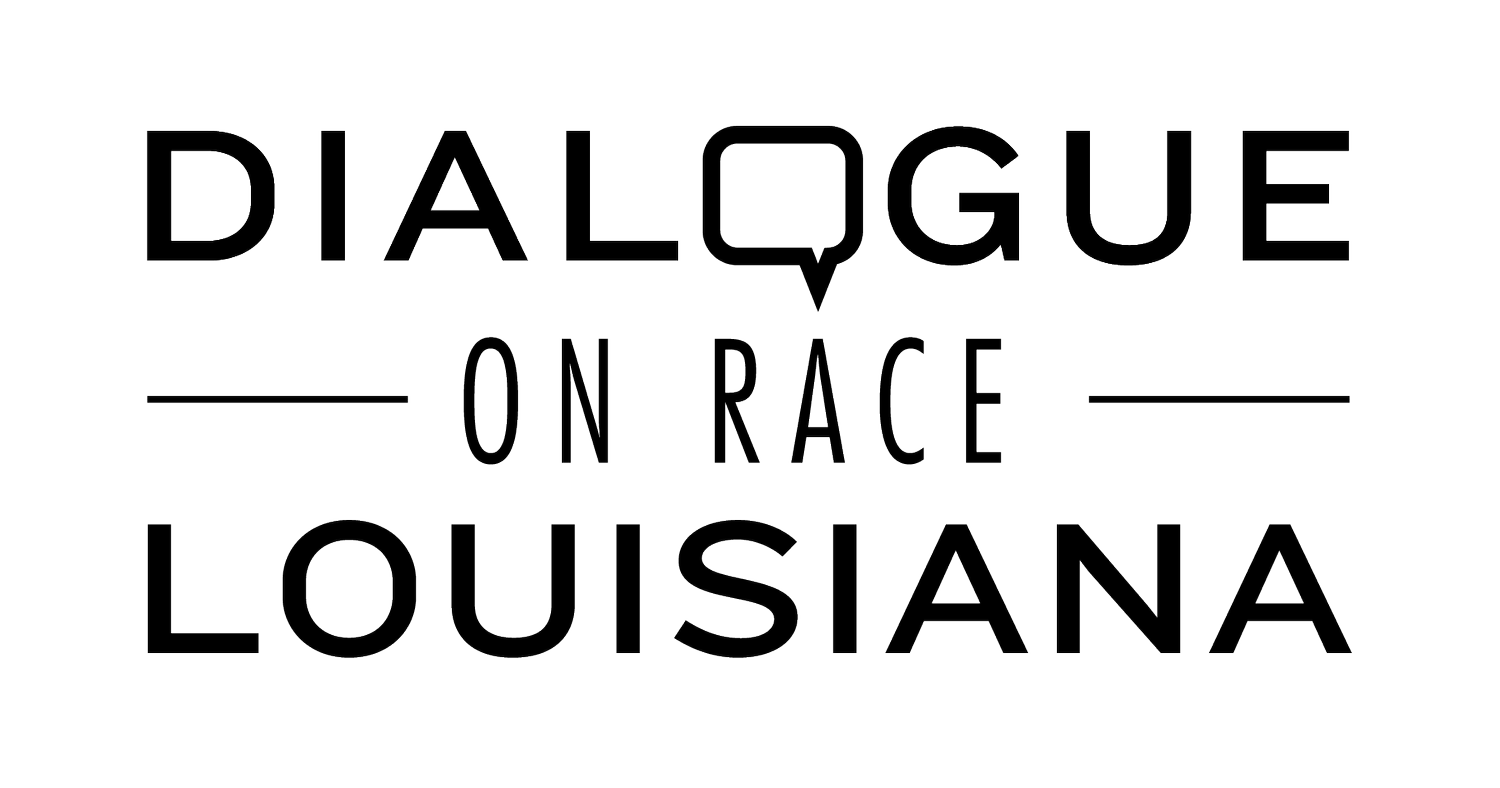Through the Lens of a Dialogue on Race Facilitator: Racism in Massachusetts
Author: Jasmine Pogue, Dialogue on Race Facilitator Coordinator
As the Facilitator Coordinator at Dialogue on Race Louisiana, Jasmine plays a pivotal role in recruiting, training, and supporting Dialogue on Race trained facilitators who lead the Dialogue on Race conversations across the United States and beyond. Jasmine brings knowledge, empathy, and a deep commitment to fostering open and honest dialogue.
A few months ago, I had the opportunity to facilitate the Dialogue on Race Advanced Series. During the series, I learned about my new state of Massachusetts and the sundown towns that existed here, including the town of Dedham, where I first rented a home with my family. I wrote about that experience in a Dialogue on Race blog post, Uncovering the Shadows of Sundown Towns.
Since then, my journey with fostering open and honest dialogues has extended into local conversations about racism in Massachusetts. Recently, two significant articles shed light on the challenges of racism in the Bay State. In a piece by Tiana Woodard from The Boston Globe, Stop & Shop faced scrutiny over pricing inequities between Jackson Square and Dedham stores. Youth from the Hyde Square Task Force uncovered a $34 difference in the cost of identical grocery lists, prompting a call for the use of consumer data profits to rectify the disparities. Stop & Shop's response, while contesting the study's scope, emphasizes the need for ongoing conversations about institutionalized issues.
Simultaneously, a podcast by GBH and PRX titled "What Is Owed?" explores Boston's deep-rooted history regarding slavery and the city's ongoing efforts to address racial inequalities. Hosted by GBH News political reporter Saraya Wintersmith, the podcast delves into the complexities of reparations, examining successful examples from other cities like Evanston, Illinois. It offers a comprehensive view of Boston's layered history and the intricate questions surrounding reparations in one of America's oldest cities.
While these conversations unfold, HBO's three-part series, "Murder in Boston," released over the holiday season, delves into the 1989 murder of Carol Stuart. This event laid bare the deep-seated roots of racism in the city.
One connection I noticed is the call for community conversation. I couldn't help but wonder what kind of conversation Boston and Massachusetts are looking for. These narratives, whether about unequal pricing, reparations, and policies that lead to upheavals in Black communities, all point to the urgent need for dialogue. They highlight the importance of fostering open, honest conversations about race, challenging misconceptions, and collectively working to change our current narrative.
It's not just about the incidents but the systemic issues perpetuating the disparities. The stories from Stop & Shop, the reparations podcast, and the HBO series call us to engage in conversations that inspire understanding and informed action.
As I continue to learn and grow, I invite more people here in the Bay State to embark on this journey with Dialogue on Race Louisiana. Together, we can challenge the shadows of our history through a structured, facilitated process that leads to meaningful change. If you're ready to join this transformative journey, sign up for an upcoming Dialogue on Race Original Series or event today.
For businesses and organizations with diversity, equity, and inclusion initiatives, contact Dialogue on Race Louisiana to learn how you can bring powerful conversations to your institution.
